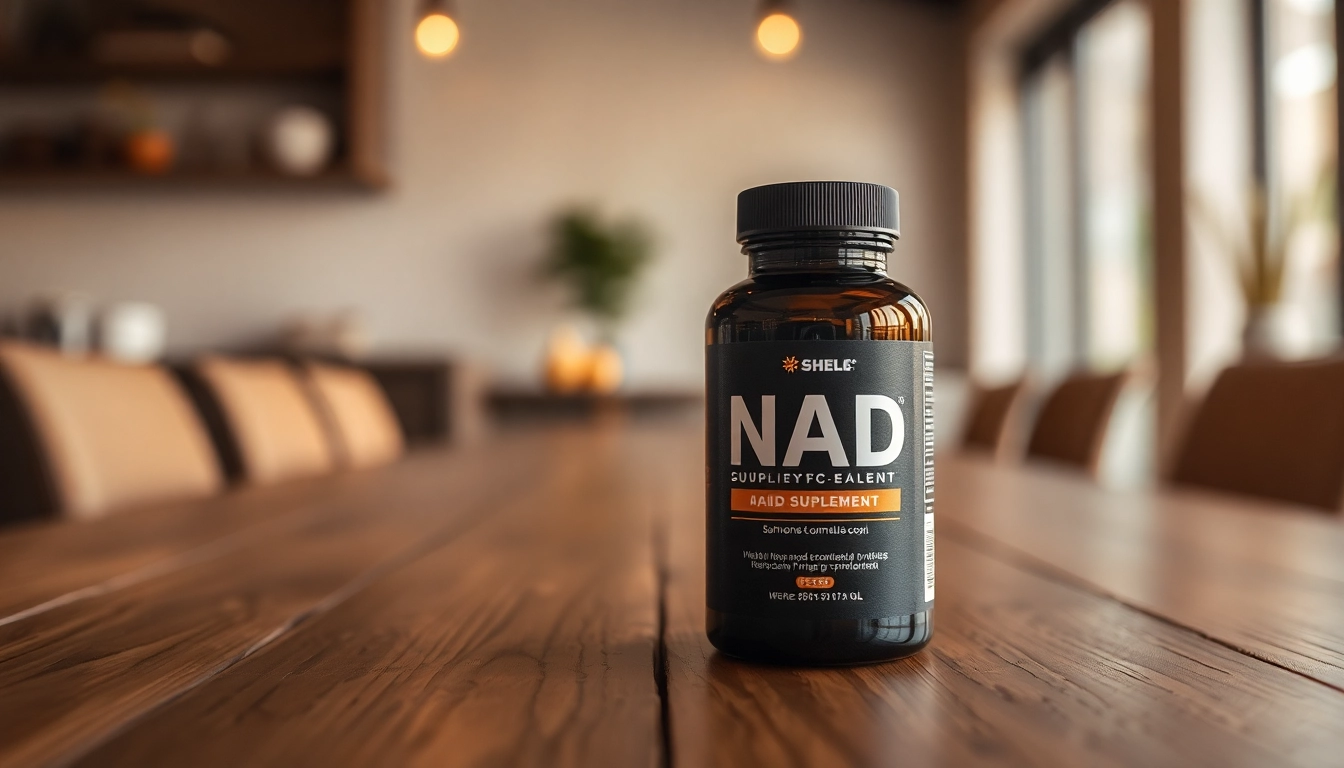Understanding Liver Cleanse for Weight Loss
The connection between a healthy liver and weight management is often highlighted in discussions around natural detoxification methods. A popular approach among many seeking to shed pounds is the iver cleanse for weight loss. This article aims to provide comprehensive insights into what a liver cleanse entails, its purported benefits for weight loss, the science (or lack thereof) behind it, and how to approach it safely.
What is a Liver Cleanse?
A liver cleanse refers to a variety of detoxification practices aimed at enhancing the liver’s ability to filter and eliminate toxins. Proponents assert that these cleanses can help remove built-up toxins from the body, effectively improving liver function and general health. Liver cleanses can take several forms, including dietary changes, juice fasts, herbal supplements, and specialized detox drinks.
How It Claims to Aid Weight Loss
The premise behind using a liver cleanse for weight loss revolves around the idea that a cleaner liver can better metabolize fats and toxins. A well-functioning liver is essential for proper digestion and the metabolism of fats and carbohydrates, which play a crucial role in weight management. Advocates suggest that by cleansing the liver, individuals can unlock metabolic efficiencies that enable weight loss.
Common Ingredients Used
Liver cleanses often consist of a blend of various ingredients known for their supposed liver-supportive effects. Common components include:
- Milk Thistle: A well-known herb, believed to protect the liver and enhance its detoxification abilities.
- Dandelion: Often utilized for its potential to promote bile flow, aiding digestion and fat metabolism.
- Turmeric: Contains curcumin, which is thought to have anti-inflammatory properties and may support liver health.
- Ginger: Known for its digestive benefits, it may help reduce inflammation and promote bile production.
- Green Tea: Rich in antioxidants, it is believed to help in the detoxification process.
Scientific Evidence Behind Liver Cleanse
Research Studies and Findings
Despite the popularity of liver cleanses, scientific evidence supporting their effectiveness for detoxification or weight loss remains limited. Several studies have aimed to evaluate the efficacy of various liver cleansing protocols, but many have been criticized for their small sample sizes or lack of rigorous control groups. While some research has suggested a link between liver health and weight management, conclusive data specifically validating liver cleanses is largely absent.
Expert Opinions on Efficacy
Healthcare professionals often express skepticism regarding liver cleansing products and diets. Experts argue that the liver is inherently capable of detoxification without external interventions. According to leading health organizations, many detoxification regimens, including those marketed for weight loss, can be misleading, as the average healthy liver does not require ‘cleansing’ in the conventional sense. Instead, a balanced diet and a healthy lifestyle are recommended to support liver function and overall health.
Potential Health Benefits
While the direct benefits of liver cleanses are contested, several lifestyle factors promoted during these cleanses—such as increased consumption of fruits, vegetables, and hydration—do contribute positively to overall health. Furthermore, proponents argue that individuals may experience short-term benefits from feeling lighter or less bloated, which could be attributed to the restrictive eating patterns often associated with cleanses rather than genuine detoxification.
Risks and Considerations
Possible Side Effects of Liver Cleanse
Engaging in a liver cleanse may pose various risks, particularly if conducted improperly or for extended periods. Some individuals may experience:
- Dizziness and fatigue due to caloric restriction
- Digestive upset including nausea, diarrhea, or constipation
- Rebound weight gain after the cleansing period
- Nutritional deficiencies resulting from excessive detox practices
Who Should Avoid Liver Cleanses?
Certain individuals should exercise caution or avoid liver cleansing altogether. Those with pre-existing health conditions, such as liver disease, diabetes, or gastrointestinal disorders, should consult healthcare professionals before attempting any detox regimen. Pregnant or nursing women and individuals taking medications that affect liver function may also be at higher risk.
Nutritional Deficiencies Risks
Restrictive detox diets often limit essential food groups, potentially leading to deficiencies in vital nutrients. Long-term adherence to such cleanses can result in inadequate protein intake, essential fatty acids, vitamins, and minerals. It is crucial to approach any weight-loss strategy, including liver cleanses, with a focus on balanced nutrition to ensure the body receives what it needs to function properly.
Implementing a Liver Cleanse Safely
Guidelines for a Safe Liver Cleanse
If you are considering a liver cleanse, employing a safer approach is advisable. Here are some guidelines to follow:
- Consult with a healthcare professional prior to beginning any cleanse.
- Consider a gentle approach that incorporates whole foods rather than extreme caloric restrictions.
- Stay hydrated by drinking plenty of water and herbal teas.
- Focus on incorporating foods that support liver health, such as leafy greens, fruits, nuts, and healthy fats.
Dietary Recommendations
A supportive diet is crucial in fostering liver health. Some dietary recommendations include:
- Consume a variety of whole, unprocessed foods to ensure a wide array of nutrients.
- Incorporate high-fiber foods to aid digestion and promote regularity.
- Limit alcohol and processed foods, as these can increase the workload on the liver.
- Utilize herbs and spices known for their liver-supportive properties, such as garlic and ginger.
Consulting Healthcare Professionals
Before embarking on any liver cleanse or significant dietary change, consulting with a healthcare professional is essential. Medical experts can provide tailored advice based on individual health statuses and needs, ensuring any endeavor is both safe and effective. They can also help in identifying if there are underlying health issues that may need addressing before considering a detox approach.
Success Stories and Testimonies
Real-Life Experiences with Liver Cleanse
Many individuals report positive physical and emotional effects after completing a liver cleanse. Common testimonials often revolve around experiences of increased energy, improved digestion, and a sense of clarity. However, it is important to note that individual results can vary widely and may not reflect the efficacy of the cleanse itself.
Before-and-After Insights
Various claims accompany before-and-after testimonials related to liver cleanses. While many emphasize visible changes such as weight loss or improved skin appearance, it is essential to approach these narratives critically, recognizing that such benefits might stem from lifestyle modifications beyond the cleanse.
What You Can Learn from Others
Listening to real-life experiences provides valuable insight. Individuals who have undergone liver cleanses often advise others to prioritize holistic well-being over transient results. Many highlight the importance of a balanced, ongoing approach to nutrition instead of relying solely on cleansing diets for weight loss or health improvements.



